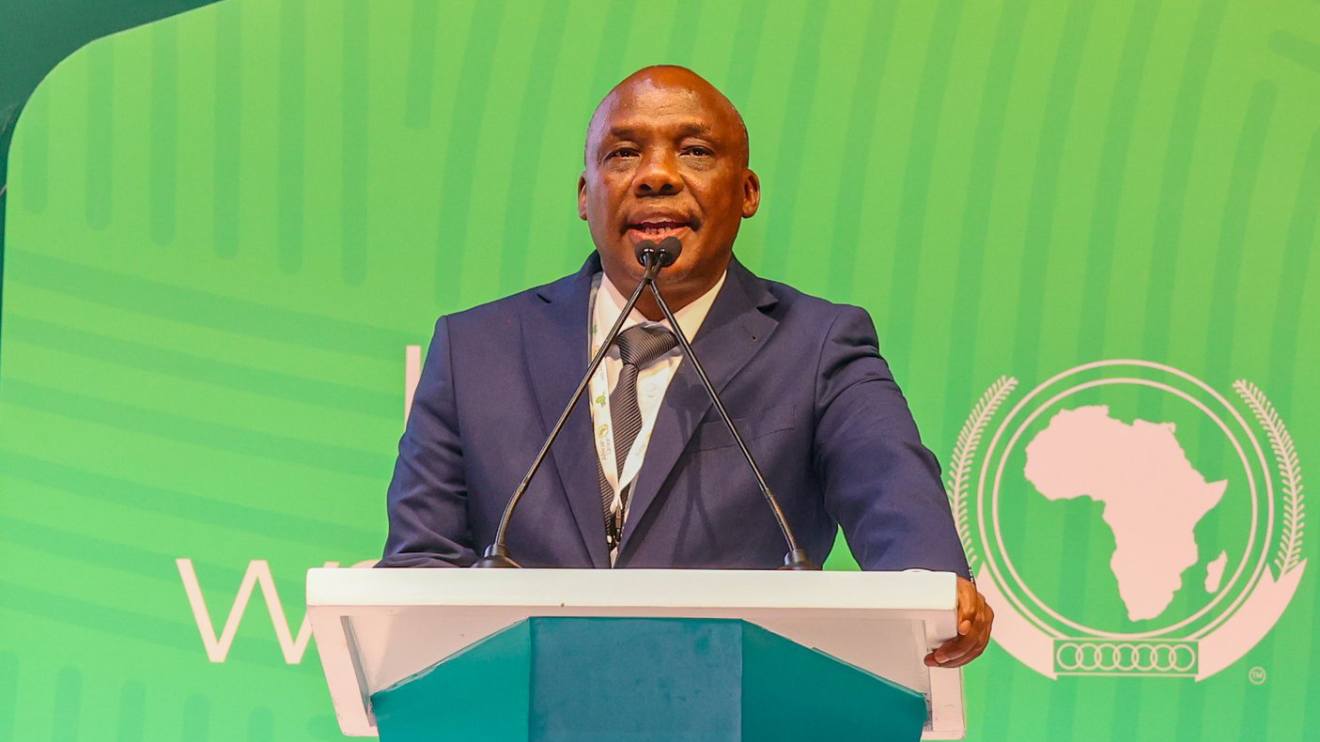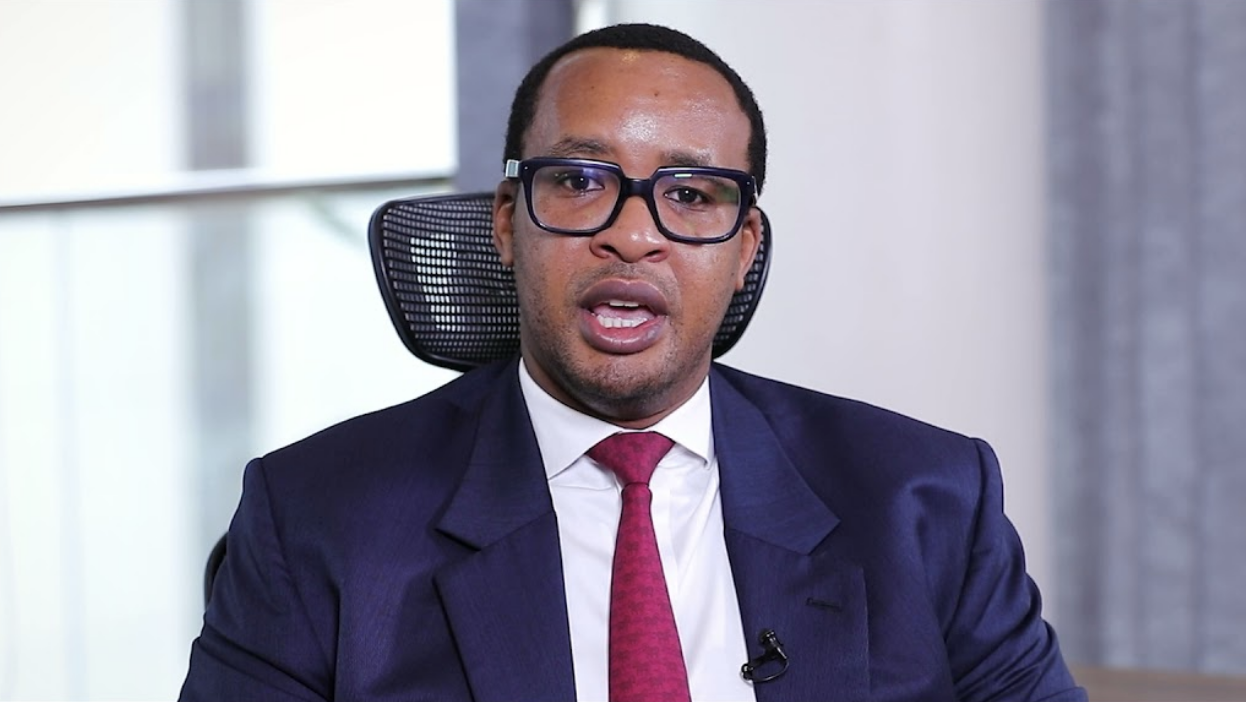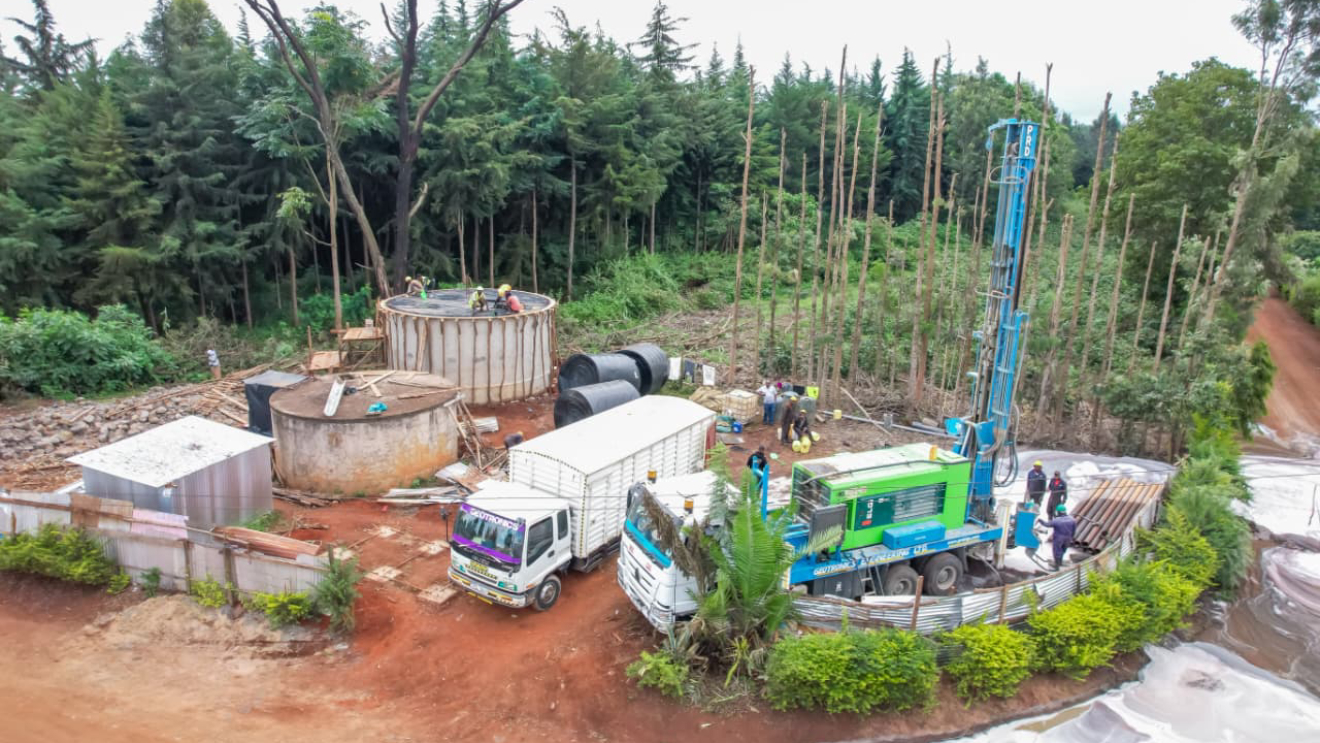Agriculture PS Paul Rono has underscored the urgent need for a renewed focus on the Comprehensive Africa Agriculture Development Programme (CAADP) to address the multifaceted challenges facing Africa's agricultural sector.
Speaking at a vital three-day stakeholder engagement, Rono highlighted the necessity of innovation and adaptability to uphold CAADP commitments and align with the African Agenda 2063.
Rono's remarks come in the context of significant global and regional challenges impacting Africa’s agri-food systems.
He noted, "Despite this progress, immense challenges remain, and more still need to be done. Successive CAADP-Malabo Biennial Reviews since 2017 indicate that only one country is on track to meet the Malabo Commitments. This challenge is exacerbated by global issues, including climate change, geopolitical tensions and conflicts, disease pandemics, and economic downturns."
He pointed out that these global challenges, coupled with changes within Africa such as demographic shifts, urbanisation, technological advancements, and evolving dietary habits, demand a revitalised approach to agricultural development.
Read More
The CAADP, initiated nearly two decades ago following the Maputo Declaration of 2003, has played a pivotal role in advancing Africa’s agricultural and economic landscapes.
The programme has achieved notable milestones, including increased agricultural growth, reduced poverty and malnutrition, expanded agricultural trade, and enhanced public investment in agriculture.
However, Rono acknowledged that despite these accomplishments, the CAADP-Malabo Biennial Reviews have shown that only one African country is currently on track to meet the Malabo Commitments.
This underscores the critical need for renewed efforts and collaborative strategies.
Reaffirming Kenya's dedication to the CAADP goals, Rono emphasised the importance of cooperation among member states, especially within the Eastern bloc, to drive both continental and regional agricultural transformation agendas.
The stakeholder engagement served as a platform for discussing innovative solutions and forging partnerships aimed at overcoming the existing challenges and ensuring sustainable agricultural development across Africa.












